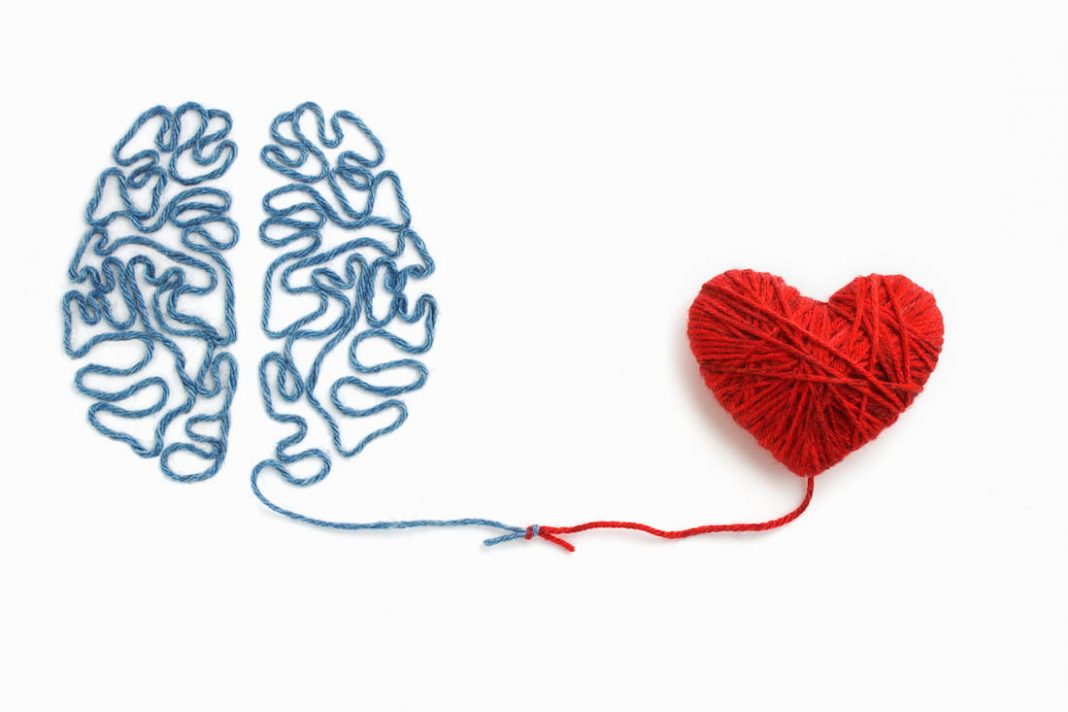Love is blind, the saying goes, and thanks to a world-first Australian study, we are now a step closer to understanding why.
It is well known that romantic love changes the brain, releasing the so-called love hormone oxytocin, responsible for the euphoria we feel when falling in love.
Now, researchers from the ANU, University of Canberra and University of South Australia have measured how a part of the brain is responsible for putting our loved one on a pedestal in that first flush of romance.
In the world’s first study investigating the link between the human brain’s behavioural activation system (BAS) and romantic love, researchers surveyed 1556 young adults who identified as being “in love”.
The survey questions focused on the emotional reaction to their partner, their behaviour around them, and the focus they placed on their loved one above all else.
It turns out that when we are in love, our brain reacts differently. It makes the object of our affections the centre of our lives.
ANU lead researcher and PhD student Adam Bode says the study – recently published in the journal Behavioural Sciences – sheds light on the mechanisms that cause romantic love.
“We actually know very little about the evolution of romantic love,” Bode says. As a result, every finding that tells us about romantic love’s evolution is an important piece of the puzzle that’s just been started.”
“It is thought that romantic love first emerged some five million years ago after we split from our ancestors, the great apes. We know the ancient Greeks philosophized about it a lot, recognising it both as an amazing as well as traumatic experience. The oldest poem ever to be recovered was in fact a love poem dated to around 2000 BC.”
University of Canberra academic and UniSA Adjunct Associate Professor, Dr Phil Kavanagh, says the study shows that romantic love is linked to changes in behaviour as well as emotion.
“We know the role that oxytocin plays in romantic love, because we get waves of it circulating throughout our nervous system and blood stream when we interact with loved ones,” Dr Kavanagh says.
“The way that loved ones take on special importance, however, is due to oxytocin combining with dopamine, a chemical that our brain releases during romantic love. Essentially, love activates pathways in the brain associated with positive feelings.”
The next stage of the research involves investigating the differences between men and women in their approach to love, and a worldwide survey identifying four different types of romantic lovers.



